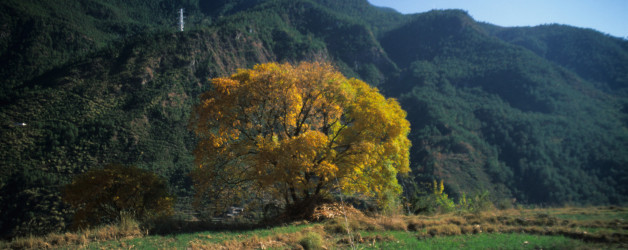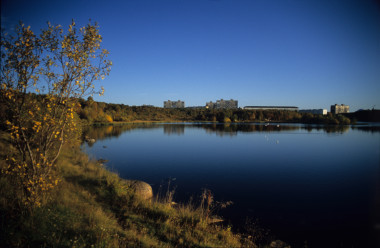S
‘Go on and try,’ Erin replied and disappeared in the austere block of apartments where she lived with her nonna.
After her mother died and Erin moved in with her grandmother she was forced to quit school and work. Her nonna used to turn a coin salvaging the Heights and the surrounding areas for refuse boxing paper, elastic bands, paper clips and other stationary – and repackaging it for old man Mikhailovskiy.
The earnings were meagre – shrapnel to line her pockets with the light weight of reassurance that made her happy. But chronic arthritis had robbed her of any remaining faculty.
As a result she was prone to bathetic extremes – swinging from maudlin depressions to nostalgic euphoria and solicitude. But Erin watched her nonna battle her inner demons with courage usually reserved for women with hearts rebuilt by loss.
When Dale met her at the end of her shift the heat of the factory would make her uniform stick as if she’d spilt lime cordial all over her cherry-blushed skin. He told her she reminded him of late summer. She pushed him away like a warm summer breeze.
‘You smell so fine,’ he said each time they met.
‘You’re just saying that cos I work in a soap factory,’ she always replied and smiled.
He looked into her green eyes and became lost in the sough of reclaimed pasture lands around his father’s homestead that were drenched with cicadas in the summertime.
Although Dale knew Erin was the most significant girl to pass through his short life, he was yet to realise, and no one told him there would be more than one.
Since he had memories Dale had played with his neighbour Kelly on the mound of construction sand that lay on the verge outside her house. Kelly’s house was actually a caravan, but she called it a house and would get angry when Dale didn’t. It lay further down the same track that led to the stables Dale’s father built, which made her Dale’s closest neighbour.
When they were at the age they knew what marriage meant (but not what it was) they had declared they would get married one day and they believed it.
She smelt like he did, and he liked it – suncream, crushed grass and construction sand from bundy wars after it rained. And there was the effluvial reminder from her hair and clothes of algae and mud from local storm water canals where they hunted for toads and gamboozies that Kelly pronounced ‘gambeezies,’ and then argued with Dale that she was right when he corrected her.
Dale remembered the day she stopped playing after school because she didn’t smell like construction sand and crushed grass. She smelt like blackcurrant varnish and was dressed weird standing outside her house waiting for her mum. When Dale tried to push her into the construction sand she shouted at him that shouldn’t get dirty. The distinctive clatter of the caravan door swinging open and shut made Dale feel better because it was something he recognised, unlike the feeling he was feeling. He heard Mrs Clements, who always carried the civet scent of bitter orange, empty beer bottles and elastic bands get in their old pick-up and drive it around the front of the house, which was technically the back of the house. As she got in Mrs Clements told Dale she was taking Kelly somewhere else to play
Follow or Subscribe so you don’t miss The Soap Factory: Part II










